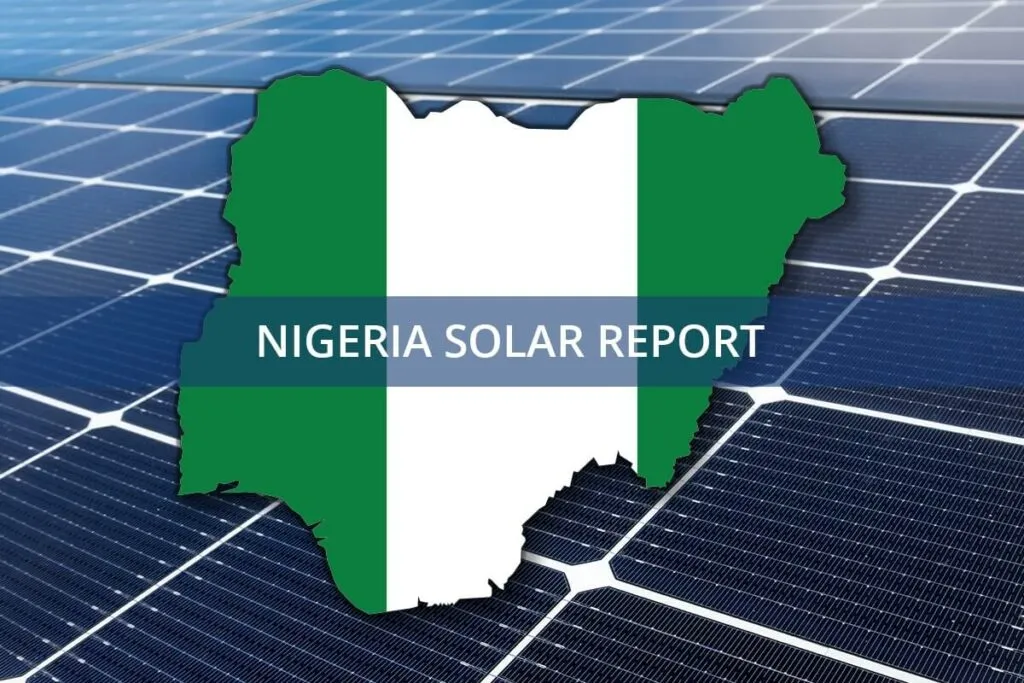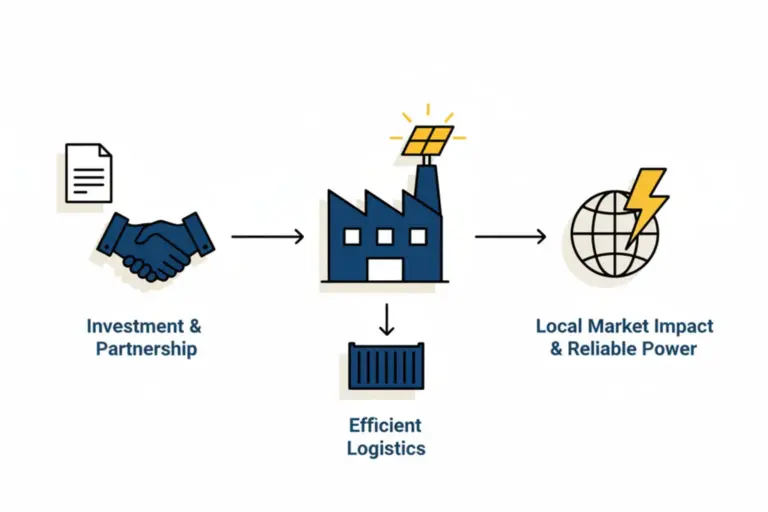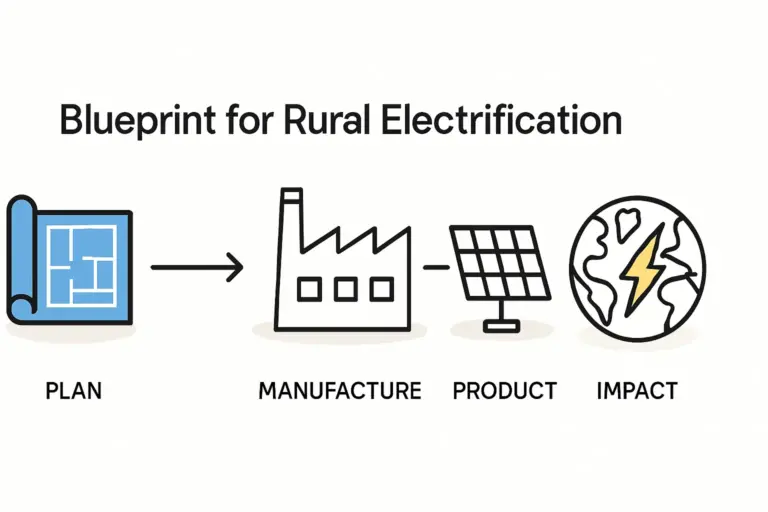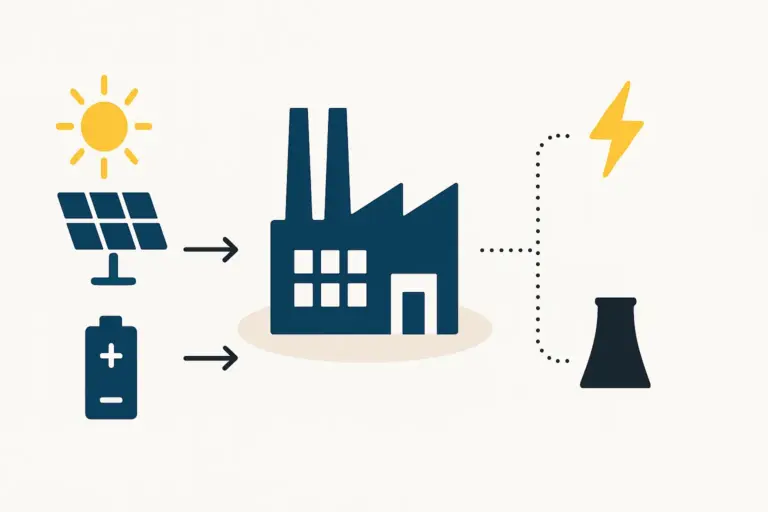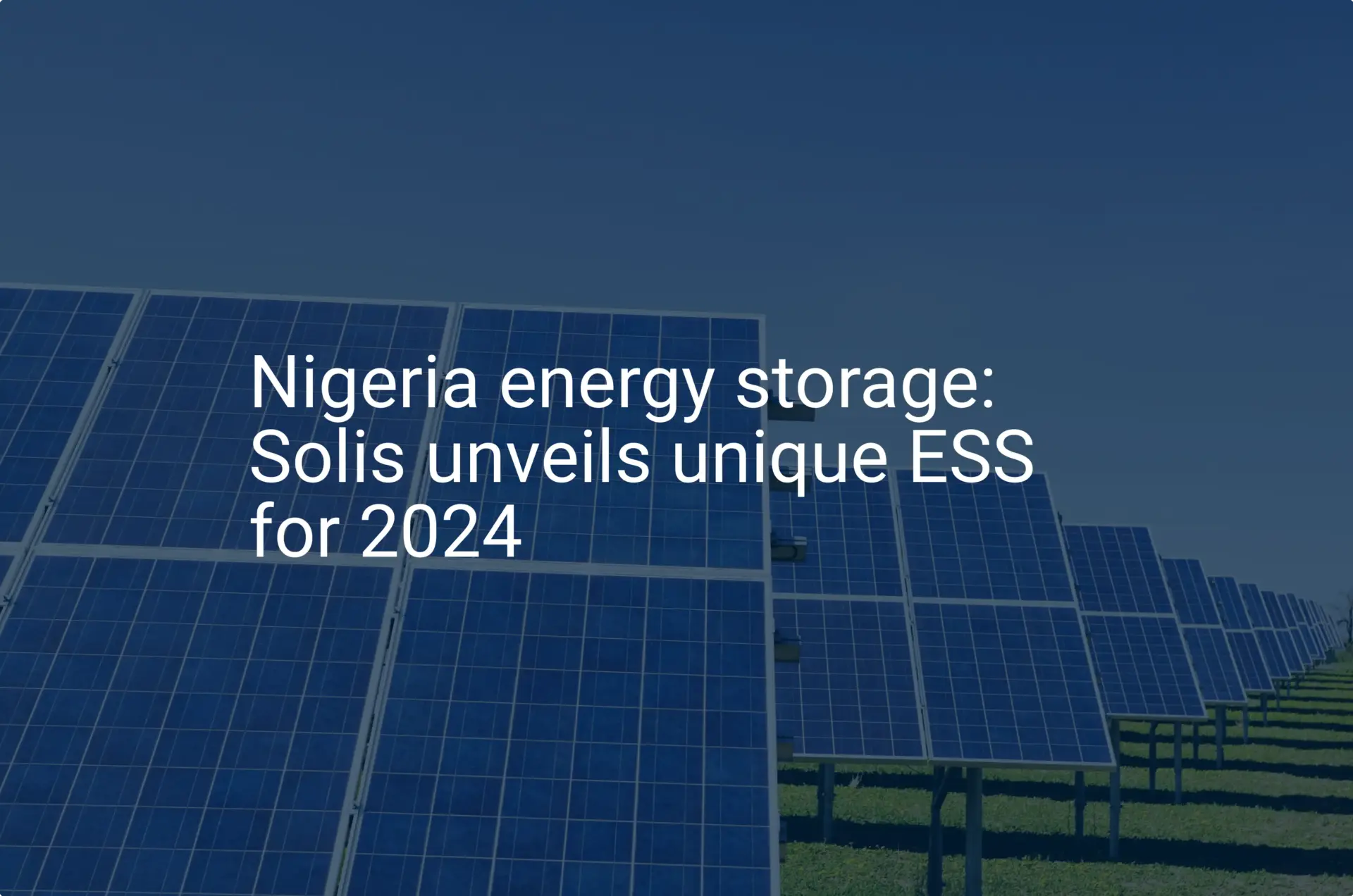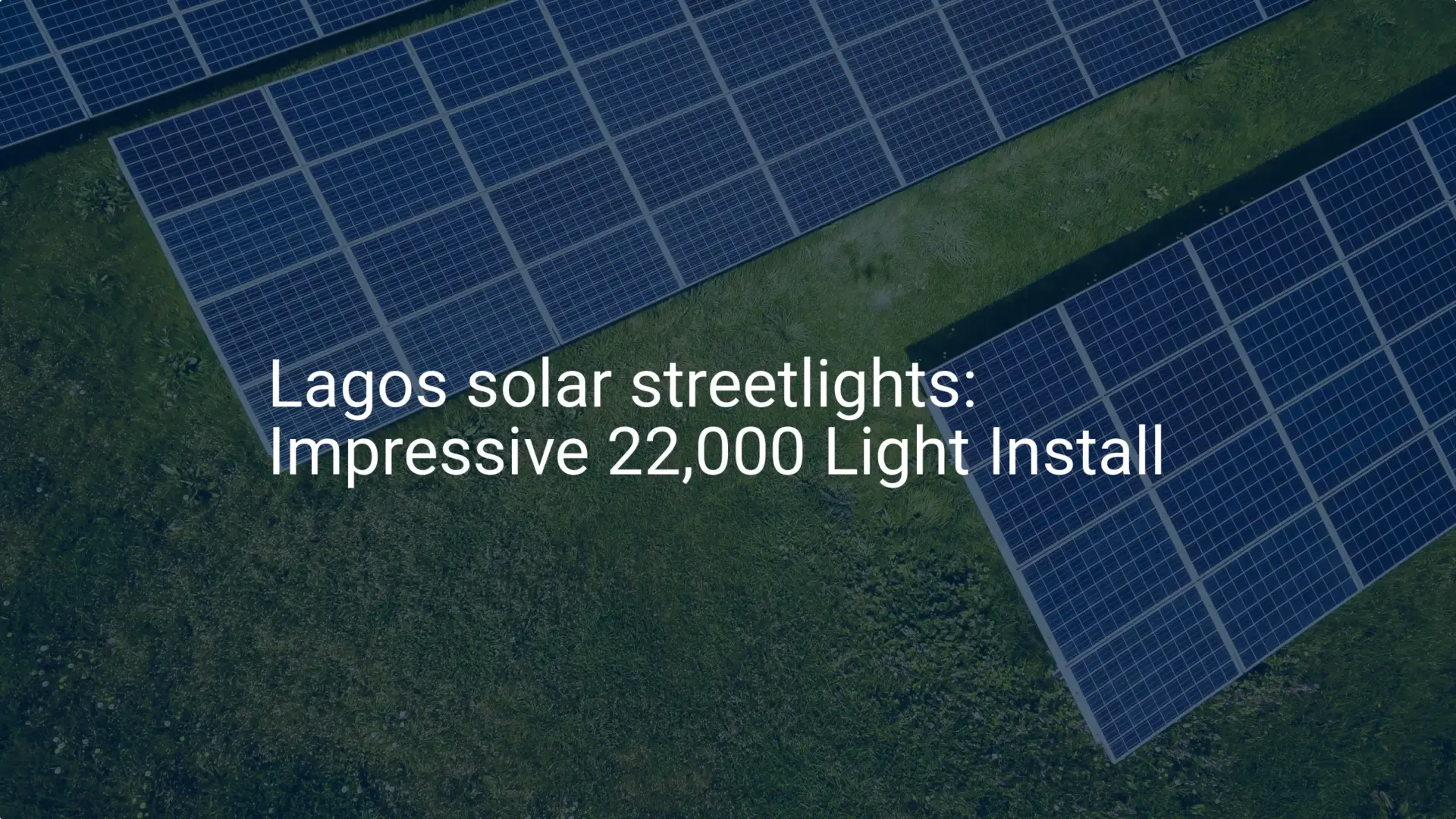An entrepreneur finalizes a deal for a state-of-the-art solar panel laminator—a machine representing a significant capital investment and the cornerstone of a new manufacturing venture. But a critical phase remains: navigating the complex process of importing this equipment into Nigeria.
This stage, filled with customs regulations, tariffs, and documentation, can mean the difference between a smooth project launch and one plagued by costly delays and unforeseen expenses. This guide offers a clear overview of the Nigerian customs and import duty landscape for entrepreneurs bringing in solar manufacturing machinery and raw materials. Understanding this framework is not merely a logistical step; it is a strategic component of financial planning and operational readiness.
Understanding the Regulatory Framework
Successfully importing equipment into Nigeria means engaging with several key government bodies and adhering to a specific tariff structure. The two primary authorities are the Nigeria Customs Service (NCS), responsible for duty collection and enforcement, and the Standards Organisation of Nigeria (SON), which ensures imported goods meet national quality and safety standards.
All import duties are guided by the ECOWAS Common External Tariff (CET), a harmonized system used across West African states. Nigeria, however, retains the right to apply specific levies and concessions that directly affect the cost of importation for the solar sector.
The Critical Role of HS Codes in Solar Manufacturing
Every item imported into Nigeria must be classified under a specific Harmonized System (HS) Code, which determines the applicable rate of import duty. Incorrect classification is one of the most common and costly mistakes an importer can make, often leading to significant financial penalties and delays at the port.
For a solar business, the distinction between importing finished goods and manufacturing inputs is crucial:
Finished Solar Panels: Typically classified under HS Code 8541.40, these attract a standard import duty of 10%, plus a 7.5% Value Added Tax (VAT). This tariff is designed to protect local manufacturers.
Solar Manufacturing Machinery: Equipment such as stringers, laminators, and cell testers falls under different HS codes (often within Chapter 84 for machinery). Crucially, the Nigerian government provides significant concessions for these items to encourage local industrialization.
Raw Materials: Components like solar cells, EVA film, glass, and backsheets also have unique HS codes and are often eligible for reduced duty rates when imported for manufacturing.
The financial incentive is clear: importing the means of production is far more tax-efficient than importing finished products.

A Step-by-Step Guide to the Importation Process
While the Nigerian import process can seem intricate, it follows a structured sequence. A methodical approach, supported by professional expertise, is essential for navigating it successfully.
-
Obtain Form M Through an Authorized Dealer Bank
The first official step is to process a Form M through a commercial bank in Nigeria. This document is a mandatory declaration of intent to import and contains details about the goods, their value, and their origin. -
Engage a Licensed Customs Clearing Agent
It is practically impossible to clear goods without a licensed agent. These professionals handle the complex documentation and interactions with customs officials on the ground. Their expertise in HS code classification and port procedures is invaluable. -
Secure SONCAP Certification
Before it ships from its country of origin, the equipment must be certified under the Standards Organisation of Nigeria Conformity Assessment Programme (SONCAP). This involves an inspection to ensure the machinery complies with Nigerian industrial standards. Failure to obtain a SONCAP certificate will prevent the goods from being cleared through customs. -
PAAR Generation and Customs Clearance
Once Form M is approved and SONCAP is secured, the bank generates a Pre-Arrival Assessment Report (PAAR). This document outlines the final customs duty assessment. When the vessel arrives, the clearing agent uses the PAAR and other shipping documents to process the goods through inspection and final clearance.
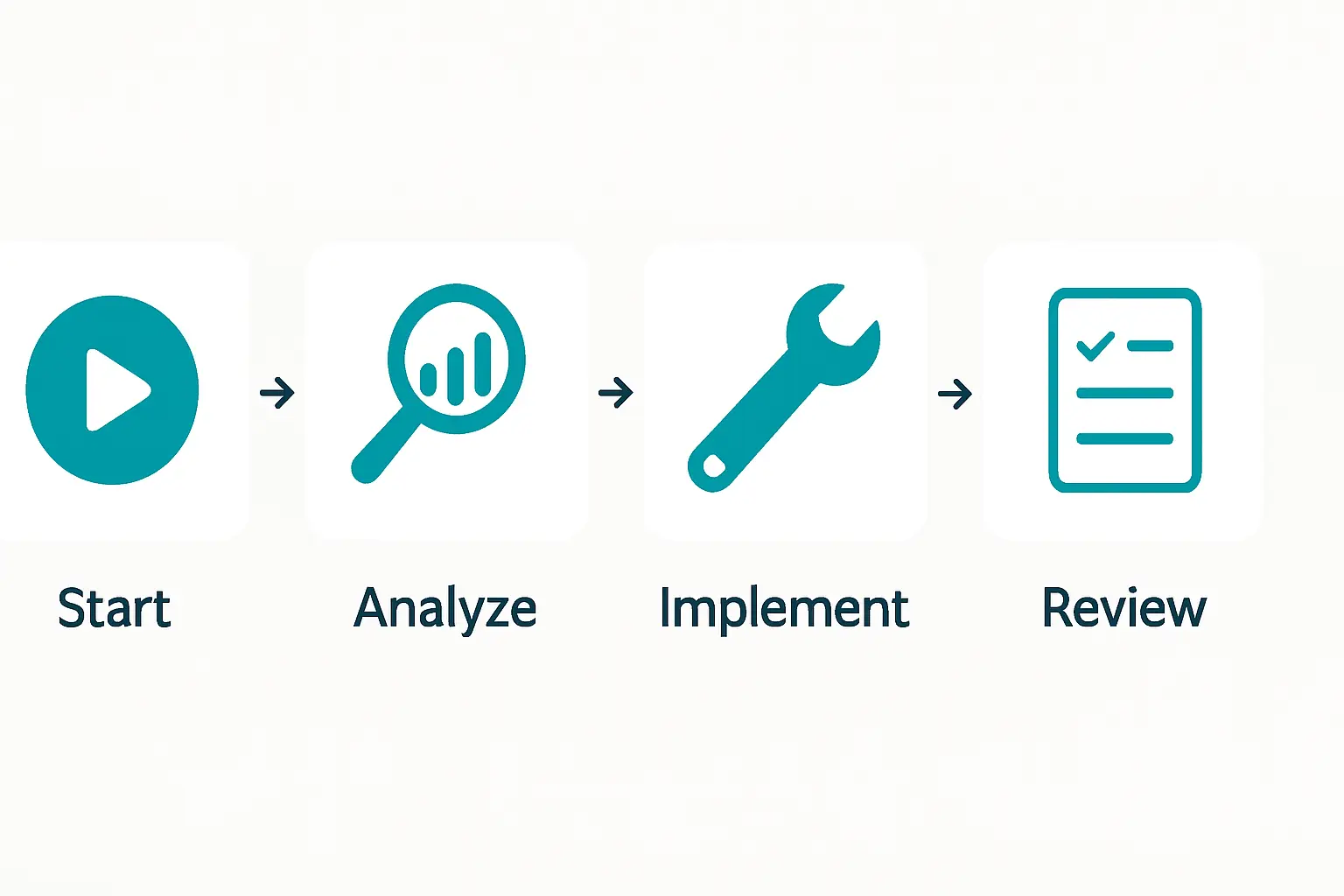
Leveraging Government Incentives for Solar Manufacturing
The Nigerian government actively encourages investment in local manufacturing through significant fiscal incentives. For entrepreneurs setting up a solar module factory, these programs can dramatically improve a project’s financial viability.
The most significant advantage is the duty concession on manufacturing equipment. While the standard tariff book might show higher rates, machinery intended for local solar panel production is often eligible for a concessionary duty rate of 0% to 5%. This represents an immediate, substantial reduction in startup costs.
Furthermore, businesses in the renewable energy sector may be eligible for the Pioneer Status Incentive. Granted under the Industrial Development (Income Tax Relief) Act, this incentive provides a corporate income tax holiday for an initial period of three years, which can be extended. Applying for and securing this status should be a key objective in any comprehensive business plan.
Common Challenges and How to Mitigate Them
Experience from turnkey projects in emerging markets highlights several predictable challenges in the importation process. Proactive planning is the key to mitigation.
HS Code Disputes: Customs may challenge the classification used by the importer, leading to a reassessment at a higher duty rate.
Mitigation: Work with an experienced clearing agent and have detailed technical specifications for every piece of equipment in the solar panel production line to justify the chosen code.
Port Congestion and Delays: Major ports like Apapa and Tin Can Island are known for logistical bottlenecks.
Mitigation: Build buffer time into your project schedule. Avoid assuming a swift clearance process and plan for at least several weeks.
Bureaucratic Hurdles: The need for multiple approvals and physical inspections can slow the process.
Mitigation: Ensure all documentation is flawless and submitted well in advance. Minor errors can cause major delays, making precise record-keeping non-negotiable.
SONCAP Compliance: Equipment that fails to meet Nigerian standards will be rejected.
Mitigation: Confirm with your equipment supplier that they can provide the necessary documentation to meet SONCAP requirements and comply with international standards.

Frequently Asked Questions (FAQ)
What is the typical import duty for solar manufacturing machines in Nigeria?
With the appropriate government concessions for local manufacturing, the duty is typically between 0% and 5%—a significant reduction from standard tariffs.
Do I need a special license to import solar equipment?
No special license is required beyond the standard import procedures, which begin with obtaining Form M through an authorized bank and engaging a licensed clearing agent.
How long does customs clearance usually take in Nigeria?
The timeline can vary significantly depending on port traffic, documentation accuracy, and the inspection process. It is prudent to budget for two to six weeks from the vessel’s arrival to final release.
What is SONCAP and is it mandatory for manufacturing equipment?
Yes, the Standards Organisation of Nigeria Conformity Assessment Programme (SONCAP) is mandatory. It ensures that imported products meet Nigeria’s technical standards and safety requirements. Certification must be completed before the goods are shipped.
Can I import raw materials like solar cells and EVA duty-free?
Yes, many raw materials for solar panel assembly are covered by government incentive schemes that allow for duty-free or reduced-duty importation to support local industry. This must be applied for and documented correctly.
Conclusion: Strategic Planning for a Smooth Import Process
Importing solar manufacturing equipment into Nigeria is a manageable process when approached with diligence and expert guidance. The regulatory framework is designed to favor local production, offering substantial financial incentives through duty concessions and tax holidays.
The key to success lies in meticulous preparation: ensuring correct HS code classification, securing SONCAP certification before shipment, and partnering with a reputable clearing agent. By viewing customs clearance not as a final hurdle but as an integral part of a project’s strategic plan, entrepreneurs can avoid costly pitfalls and position their solar manufacturing venture for a strong and timely start.

